Over the last three months, Early Bird interns, Snehith and Bindu BS, have journeyed across the Gram Panchayat libraries of Bengaluru Rural and Urban districts – riding through small towns, meeting passionate librarians, and witnessing children discover the joy of nature.
This internship was part of Early Bird’s collaboration with the Karnataka Panchayat Raj Commissionerate (KPRC). Within this partnership, Early Bird has been working to integrate nature education into rural libraries by training librarians, equipping them with Prakrithiya Pettige (nature education kits in Kannada), and sharing creative tools to spark curiosity about birds and the natural world.
Together, Snehith and Bindu visited more than 170 libraries — each with its own stories, challenges, and sparks of creativity. Here’s a glimpse into what they experienced, learned, and cherished along the way.
About the interns
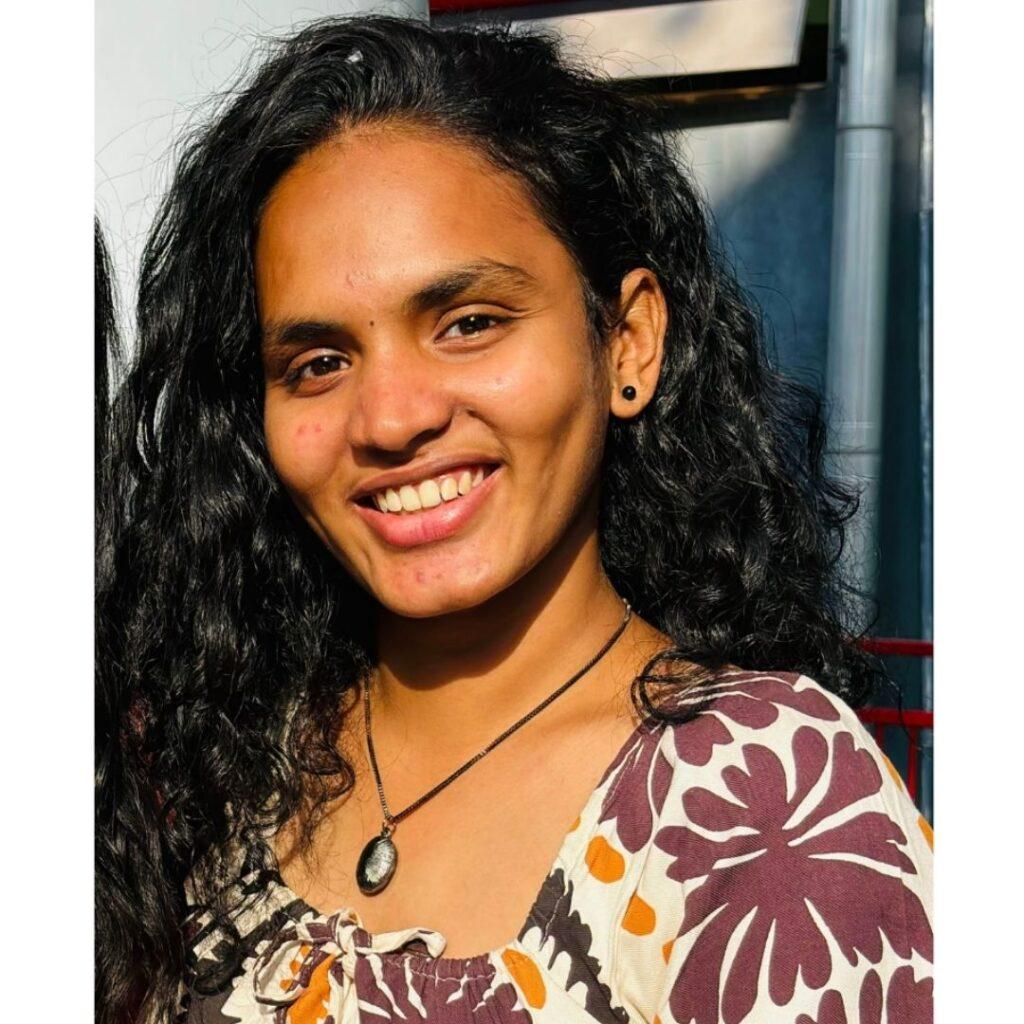

Visiting Libraries and Meeting Librarians
Snehith’s journey took him through Hoskote, Doddaballapura, Nelamangala, and Devanahalli — covering hundreds of kilometres to reach rural libraries across these taluks. Meanwhile, Bindu travelled through Yelahanka, Bengaluru North, South, East, and Anekal, visiting libraries that ranged from bustling urban neighbourhoods to quiet village corners.
At each stop, their first step was to observe how librarians were engaging children with nature and using Early Bird resources. The conversations often went far beyond the planned questions. Librarians shared their personal journeys, the challenges they faced, and the small but meaningful victories that kept them motivated.
“Every time I visited a library,” recalls Snehith, “the librarian would begin by saying, ‘Sir, please give me a good rating.’ I would reassure them that I wasn’t there to grade their work, but to understand their efforts and explore how we could strengthen the process together.”
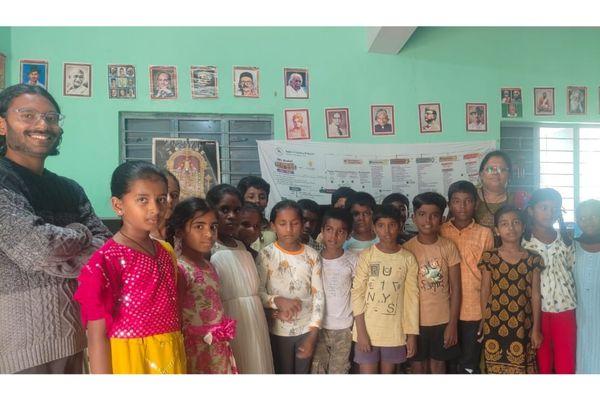
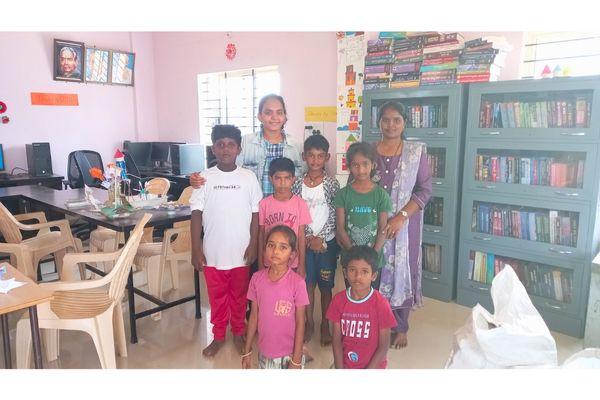
Librarians Who Inspire
Across both districts, Snehith and Bindu met librarians who have transformed their libraries into vibrant, child-friendly spaces.
One such example is Venkatesh Gowda of Hasiruvalli Gram Panchayat in Nelamangala Taluk. Snehith describes him as a “down-to-earth” person whose greatest strength is his determination. Despite being partially visually impaired, he engages children through games, stories, and activities. His retelling of The Thirsty Crow became a painting exercise using locally available materials — blending creativity with environmental awareness.
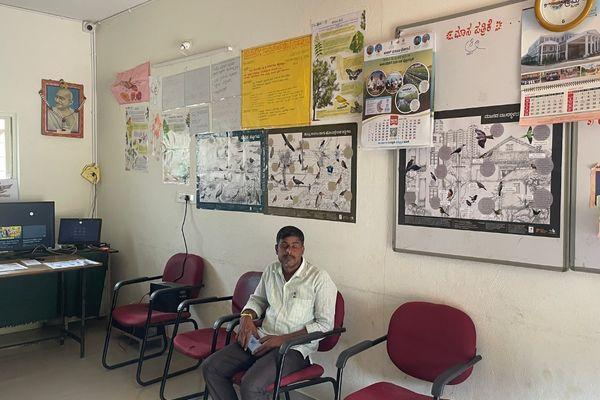
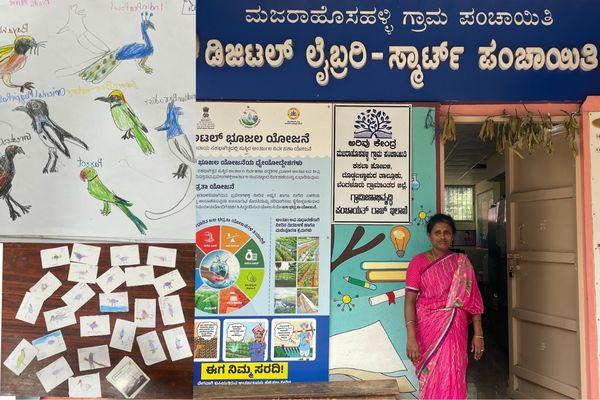
In Majjra Hosahalli Gram Panchayat, Doddaballapura Taluk, librarian Muddumeena truly lives up to her name (“Muddu” means sweet in Kannada). She remembers every detail from her Early Bird training and puts it into practice with children. “You know you’re doing something right,” reflects Snehith, “when children would rather stay with you than go back to school.”
In Yelahanka Taluk, Savita, a temporary librarian from Satnur, has turned her library into a hub of imagination. Beyond bird drawings, she encouraged children to think deeply: “How would you feel if you were trapped in a cage like a bird?” Their responses blossomed into poems, imaginative stories, and even handmade bird nests.
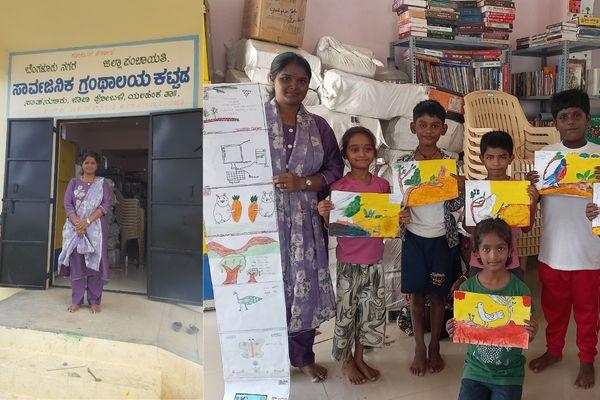
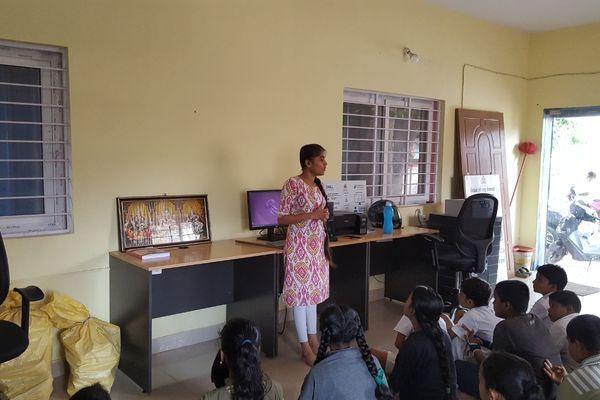
And in Anekal Taluk’s Shantipura Library, Raveena — one of the youngest librarians they met — is steadily shaping a new space with fresh energy. With both a new role and a new library to nurture, she has already built a strong bond with children, recalling even the smallest details from her training, from identifying bird species to understanding the purpose behind each activity.
Children and changing habits
In his conversations with children, Snehith noticed a recurring challenge: in today’s digital age, the lure of mobile phones and computers often outweighs the appeal of books or the outdoors. Yet he also found that the right activities could spark curiosity, drawing children into games, stories, and exploration.
Bindu observed something similar — how creative, hands-on activities could transform a child’s perspective, shifting them from passive consumption to active observation. In some libraries, children who once hesitated to step inside were now choosing to linger long after closing time.
Realities on the ground
Not every library they visited was thriving. Some struggled to attract visitors or lacked even basic resources such as books and stationery. A few librarians admitted they were unable — or at times unwilling — to conduct additional activities. Both interns saw these as challenges that could be overcome with sustained support, encouragement, and stronger community engagement.
Yet alongside these hurdles came moments of warmth that were humbling — home-cooked mudde and saru, invitations to visit farms, and the simple joy of plucking mangoes and guavas straight from the trees.
Reflections on a shared journey
For Snehith, the internship was about much more than data collection. “The heart of this experience lay beyond the data sheets. From listening to librarians’ stories, to teaching them about birds and games, to spending time with children — I have thoroughly enjoyed this journey,” he reflects.
For Bindu, the transformation was deeply personal. “I wasn’t a birder when I began,” she says. “Now I can recognise a few birds just by their sounds — and I’m proud of that. This experience taught me to slow down, observe, and listen amidst the chaos of city life.”
Both agree that the past three months have deepened their appreciation for the resilience and creativity of rural librarians. Their work has not only enriched their own perspectives but has also brought Early Bird closer to its goal of strengthening and sustaining nature education in libraries across Karnataka.
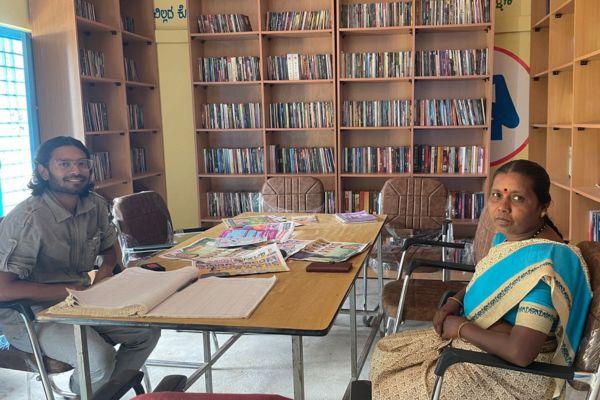
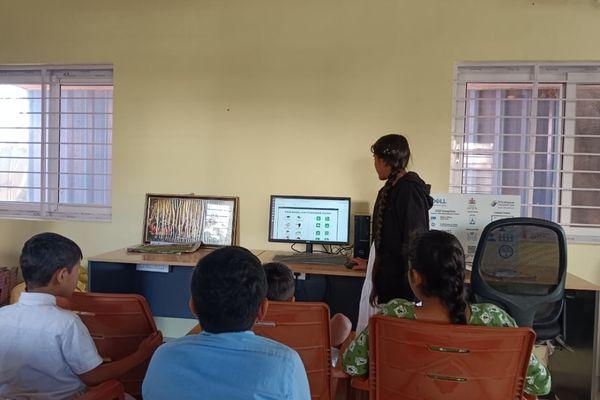
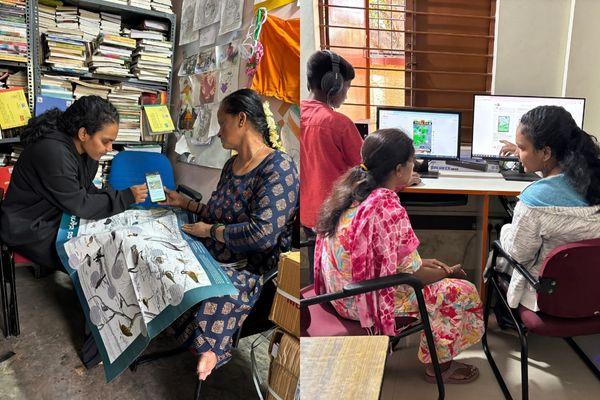

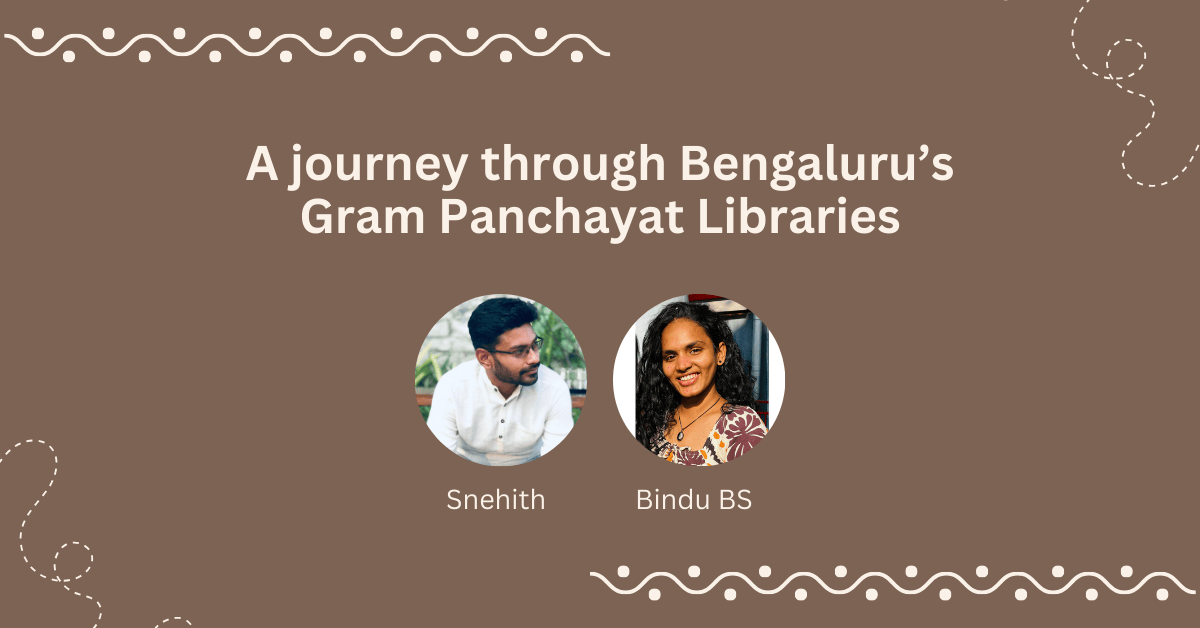
Realy nice to read about the library project.
wonderful that libraries are being used as a place to encourage and excite children about nature 🙂
I teach at Srishti and create and facilitate ‘thinking hands’ activities would love to meet and interact with you all and maybe add some ‘thinking hands’ to your bag of explorations:-)